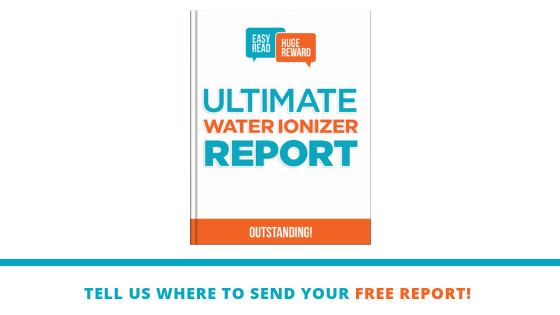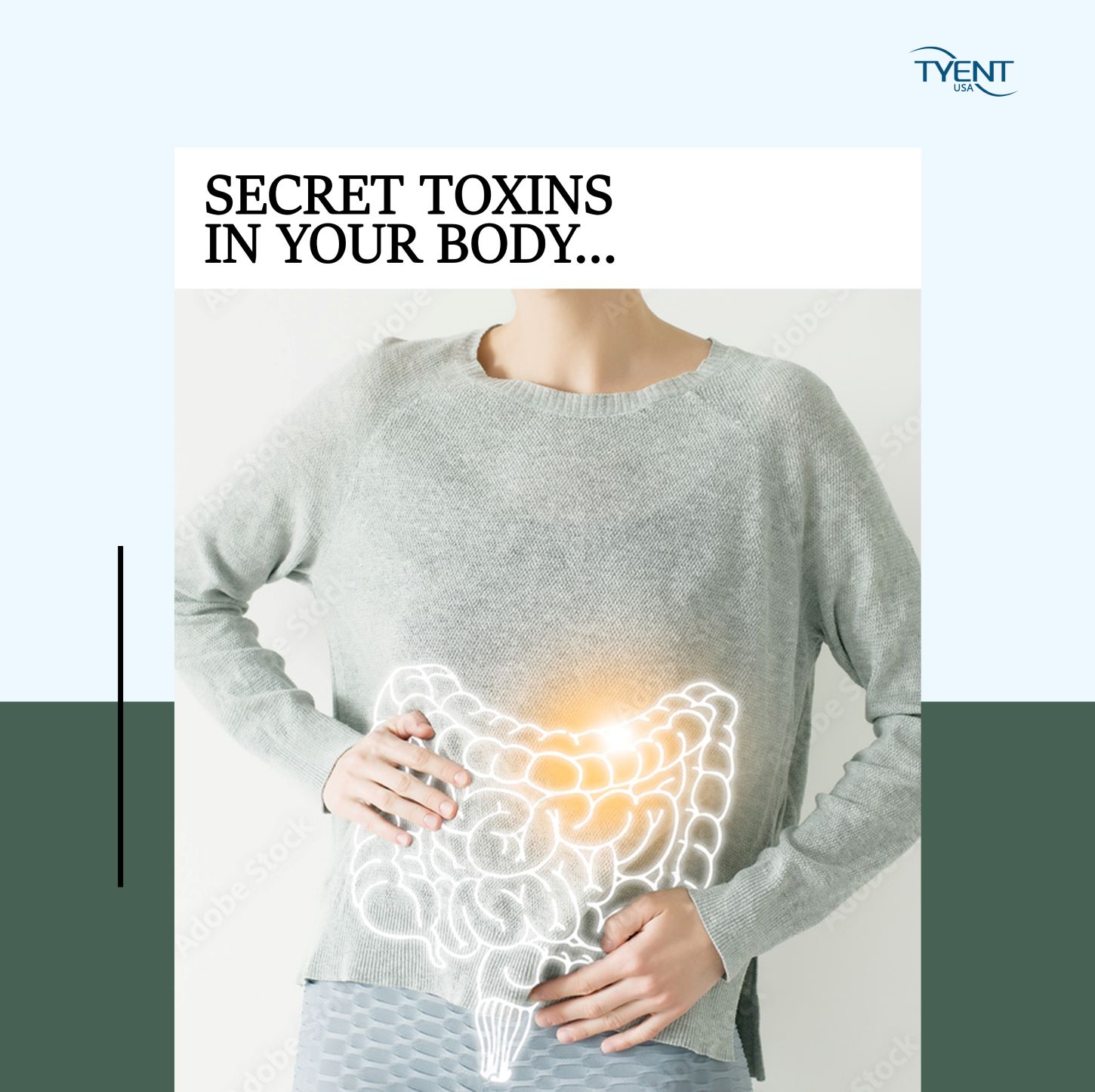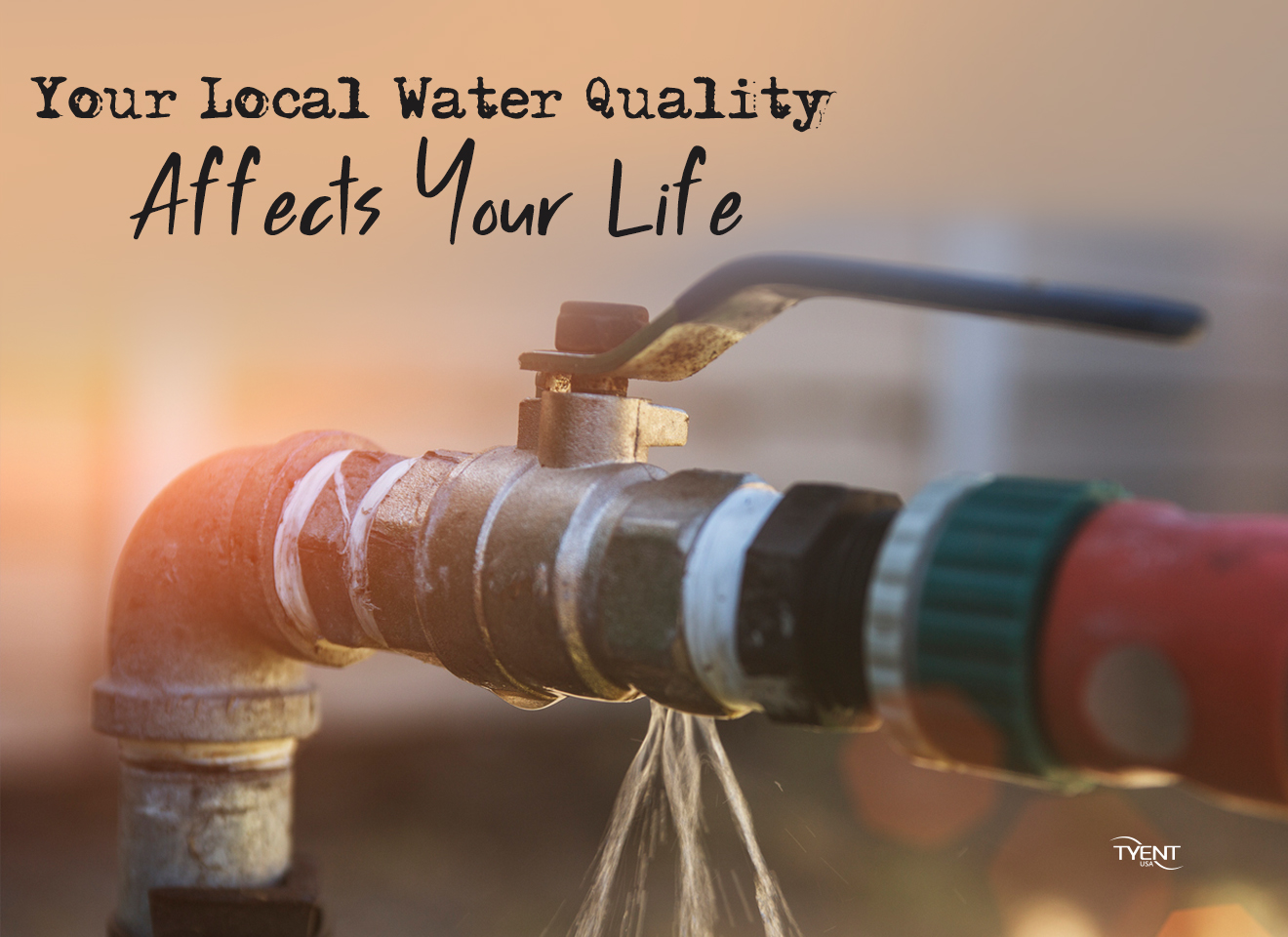PFAS (Per- and polyfluoroalkyl substances) is a group of man-made, carcinogenic chemicals that have been all over modern life for years; from non-stick pans and stain-resistant carpets to packaging and waterproof clothing.
This highly toxic substance is no longer discharged in industrial water drainage – but it’s not consigned to history either.
The truth is that PFAS might be in your drinking water…so keep reading to learn more about:
- EPA’s PFAS Action Plan
- Is the EPA Doing Enough?
- Is My Water Safe to Drink?
- How to Make Water Safe to Drink
- Water Ionizers for Home Use
- What is a Tyent Water Ionizer Filter Capable Of?
- Where Can I Get My Water Tested for Free?
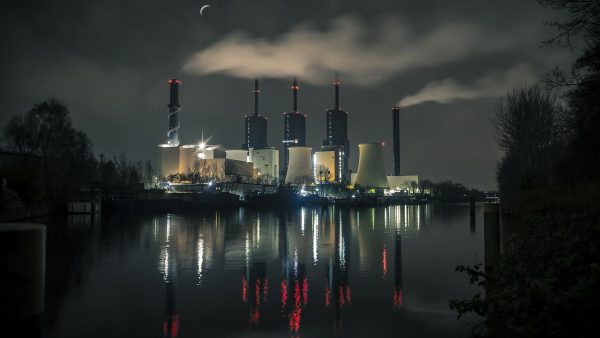
PFAS in Drinking Water
EPA’s PFAS Action Plan
The EPA recently announced their PFAS action plan to target – among other things…
- Expanded nationwide monitoring of the PFAS family of chemicals in drinking water
- Continued enforcement actions to make safe contamination hotspots
- Focused research into the health implications of drinking water contaminated with PFAS
- Taking legal action to prevent future incidents of contamination
Is the EPA Doing Enough?
But is the EPA paying lip service to public concerns?
Is the “action plan” robust and far-reaching enough?
It’s a problem that natives of New Jersey are familiar with. For decades, hazardous materials from manufacturing plants have been dumped or disposed of without adequate containment, meaning that toxic substances have found their way into the public water supply.
What the “action plan” doesn’t satisfactorily address is the thing that many people are concerned about, which is ushering in a federal drinking water standard for PFAS.
Is My Water Safe to Drink?
In 2018, New Jersey created a pioneering drinking water standard for the toxic chemical perfluorononanoic acid (PFNA), setting a maximum drinking water level of 13 parts per trillion.
Despite PFAS hotspots reported across the state, proposals to rein in the risks under the Safe Drinking Water Act won’t even commence until the close of 2019, and the legislative process can take years.
The “can” for any imminent new water standards to make safe the presence of PFAS in New Jersey’s drinking water has been well and truly kicked down the road.
How to Make Water Safe to Drink
The EPA is giving with one hand and – arguably – being frustrating with the other.
So, what can people do to make sure that their family is drinking clean, safe water in the meantime?
Bottled water carries its own health risks and is seriously bad news for the environment. And who enjoys being conned anyway?
To make water safe to drink at home – get a water ionizer!
RELATED | 13 Reasons Why You Shouldn’t Drink Tap Water
Water Ionizers for Home Use
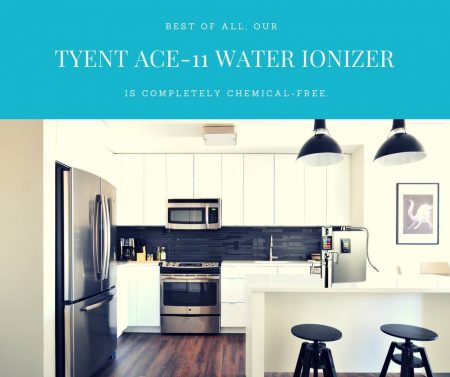
A water ionizer machine is unequivocally the safest way to continue drinking the water that’s piped into your home.
Whatever the concerns are over disintegrating pipelines and contaminated groundwater, a Tyent Water Ionizer plumbed into your main water supply means that every single glass of alkaline hydrogen water is clean, safe, and delicious.
RELATED | Five Ways Your Body is Telling You to Buy a Water Ionizer!
What Is a Tyent Water Ionizer Filter Capable Of?
Here’s the thing: our water ionizer filtration technology is the best in the world, filtering water at the same micron level as kidney dialysis machines, for ultimate reassurance.
Tyent’s Chromium-6 Filter is a 4-stage filtration system that removes heavy metals, including 99% of lead; 99.9% of Chromium-6 and 90-95% of fluoride.
What’s more, it does all this without filtering out essential minerals or wasting water.
RELATED | Is a Water Ionizer Much Better Than a Standard Filter?
Where Can I Get My Water Tested for Free?
Today…you can put your mind at ease about the state of your drinking water.
Start by getting your FREE water report and then calling up our award-winning team at to find out more about which one of our award-winning water ionizers is right for you!
P.S. we may just have some EXCLUSIVE water ionizer deals for you…loaded with some FREE bonus gifts that you won’t want to miss out on…but you MUST call us to find out!
Know someone in need of clean, safe drinking water at home? SHARE THIS article with them!
Up Next:

